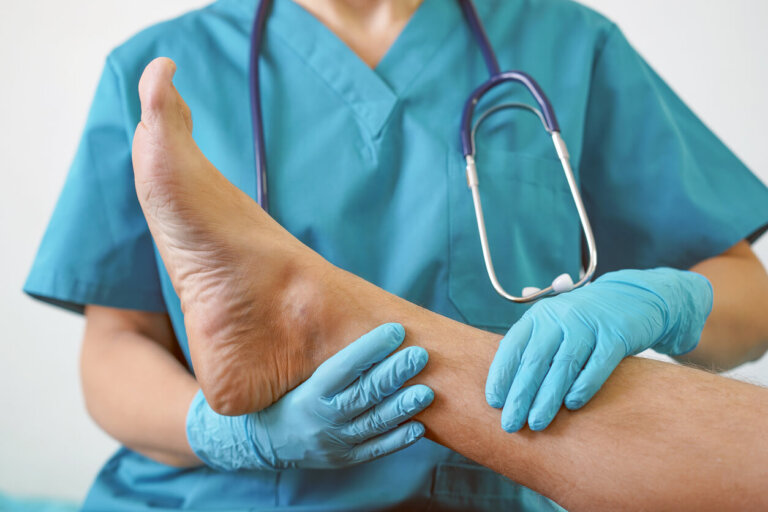This is a common question asked by many patients who come to us for a legal consultation. Because every case is unique, we cannot provide a general answer that will cover all contingencies. Our knowledgeable podiatry malpractice lawyer, Lawrence M. Karam, PC, however, will be happy to meet with you to discuss your particular circumstances. Once he understands the details, he will be able to tell you whether you have a viable case. If you do, you can depend on Dental & Podiatry Malpractice Lawyers of New York to fight vigorously to obtain justice.
Although we can’t tell you ahead of time whether your particular case has merit, below are some pertinent facts to guide you as you consider whether your quest for compensation is likely to have a positive outcome. The harsh reality is that even if your podiatrist “done you wrong” the law may not view you as eligible for damages unless you have suffered severe, long-lasting injury.
While it may seem unfair, just the fact that you have endured unnecessary pain or illness does not mean that you are legally entitled to compensation. It is also possible that even though you might be able to win a podiatric malpractice case, court costs and time investment may make pursuing your case unreasonable.
Why are there fewer medical malpractice cases than there used to be?
Over the years, the law has made it more difficult for even the most highly skilled malpractice attorneys to win individual cases. In New York the medical profession lobbied to reduce the time to bring a case from 3 years to 2 years and 6 months; it lobbied to reduce the contingency legal fee to a percentage lower than that for slip and fall and other accident cases; and the medical profession was able to get other changes to the law which were designed to provide the medical profession with extra legal protection from being sued.
What kinds of injuries due to podiatry malpractice are most often litigated?
The majority of successful podiatric malpractice cases involve serious surgical mistakes. This is simply because podiatry malpractice during an operation is more likely to lead to long-term, even catastrophic, injuries.
According to the National Institutes of Health, 94.5 percent of malpractice lawsuits against podiatrists occur over elective procedures that have resulted in persistent pain or permanent deformity. Other surgical negligence suits may involve:
- Wrong-site surgery, e.g. operating on the wrong toe
- Leaving surgical Implements inside the patient (e.g. a sponge or small screw)
- Negligent performance, such as nicking a nerve
- Anesthesia errors that may even lead to wrongful death
- Allergic reactions or drug interactions due to your doctor’s failure to take, or refer to, your updated medical history
- Lack of informed consent because the doctor did not clearly explain risks or did not remind you that you had the option to avoid surgery altogether
- Postsurgical infection, especially if the doctor didn’t prescribe a prophylactic antibiotic
Podiatric Mistakes that May Not Reach the Level of Malpractice
It is fairly easy to see how any of the above types of negligence could lead to a lawsuit, but what about cases that are less likely to be successfully litigated? Consider the following situations:
- You developed an allergic rash after using a topical ointment prescribed by your podiatrist that you had never taken before.
- The orthotics your podiatrist customized for you did not improve the pain in your arch.
- The surgery that your podiatrist performed failed to cure your foot problem as he warned you it might.
- The surgery your podiatrist performed worked to remove your bunion, but now you have to purchase new shoes.
It is certainly possible that one of the above situations caused you to suffer severe pain, itching, embarrassment, and psychological distress. You may have stayed out of work for a week or two or have had to replace your sizable and expensive stash of shoes. Nonetheless, if the ordeal is behind you, you will probably not be able to file a successful podiatric malpractice lawsuit or at least one that is worth the time and trouble.
It Never Hurts to Ask Us if You Have a Viable Case
Nevertheless, after all you have been through, you should definitely consult with our sharp, compassionate podiatric malpractice attorney. If he feels that you have a workable case, he will leave no stone unturned to try to obtain the damages you deserve.


